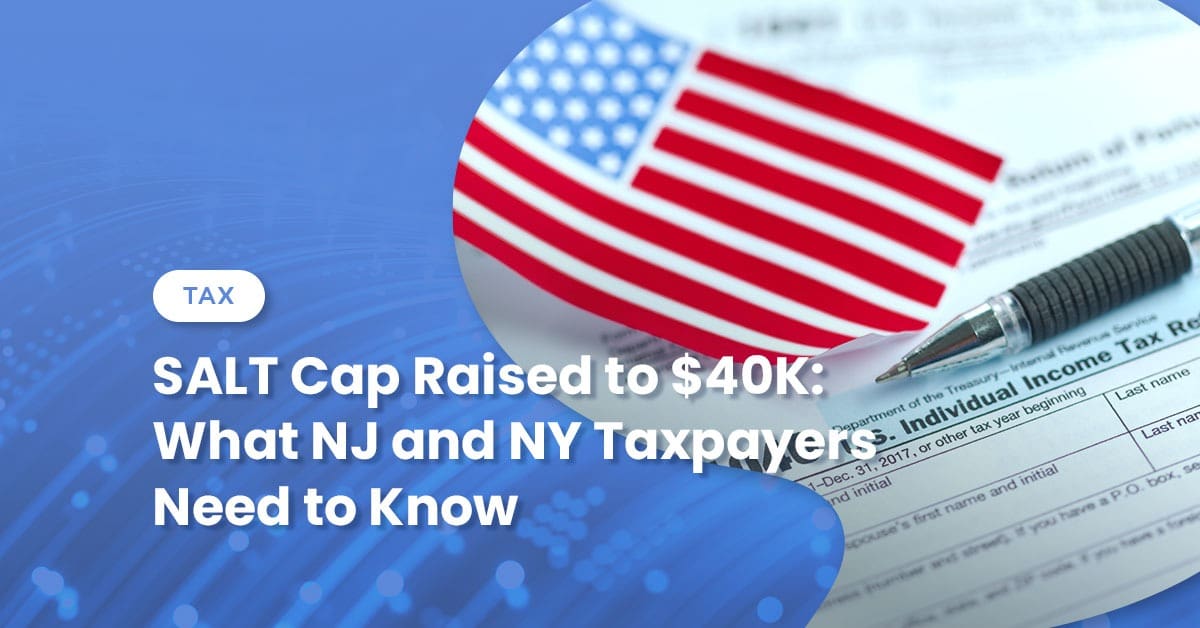By Chris Colyer
It’s not often that you hear good news on the U.S. tax front, but if you have a small to medium-sized company that sells product into markets outside the United States, forming an Interest Charge – Domestic International Sales Corporation (IC-DISC) could offer tax advantages.
The federal government established the IC-DISC classification many years ago, but many businesses eligible to take advantage of the tax incentives are failing to do so. That’s at least in part because setting up an IC-DISC is so simple that there’s not a market for companies promoting the entity for the purpose of charging large fees to help complete the paperwork.
Simply put, IC-DISC classification enables qualifying businesses to use the designation to cut their income tax bill from their export revenue almost by half. Profits are taxed at the dividend rate, as opposed to the ordinary income tax rate, making it well worth exploring if your business is exporting goods overseas.
How it works
In essence, you are creating a separate entity — the IC-DISC. An allowable portion of the export company’s gross receipts is passed along to the IC-DISC corporate entity that’s owned by some or all shareholders of the company. These commission payments then are taxed at the dividend income rate of 20 percent rather than at the federal corporate income tax level, which can be as high as 39.6 percent.
An IC-DISC entity can be set up regardless of your current company structure, and it will have no effect on your customers or on the day-to-day operation of your exporting business.
Naturally, there are more details and conditions — it’s an IRS tax structure, after all — but it creates a tax advantage that is worth your attention.
Intangibles and components qualify, too
Even if your company is not exporting as the term is commonly understood, it still may qualify for an IC-DISC. One advantage of the structure is in the way in which the courts have defined “export goods,” which can include intangible intellectual property such as software, and architectural and engineering services.
Additionally, products that are components in larger goods qualify as long as the finished product consists of no more than 50 percent of foreign content. In other words, an auto parts maker supplying fan belts to one of the Big Three automakers for vehicles largely manufactured and assembled in the U.S. for overseas markets could qualify. As long as at least half of belt’s cost is derived from U.S. sources, your fan belts are qualifying exports.
Chris Colyer is tax partner at Wiss. Reach him at [email protected].

 Previous
Previous




